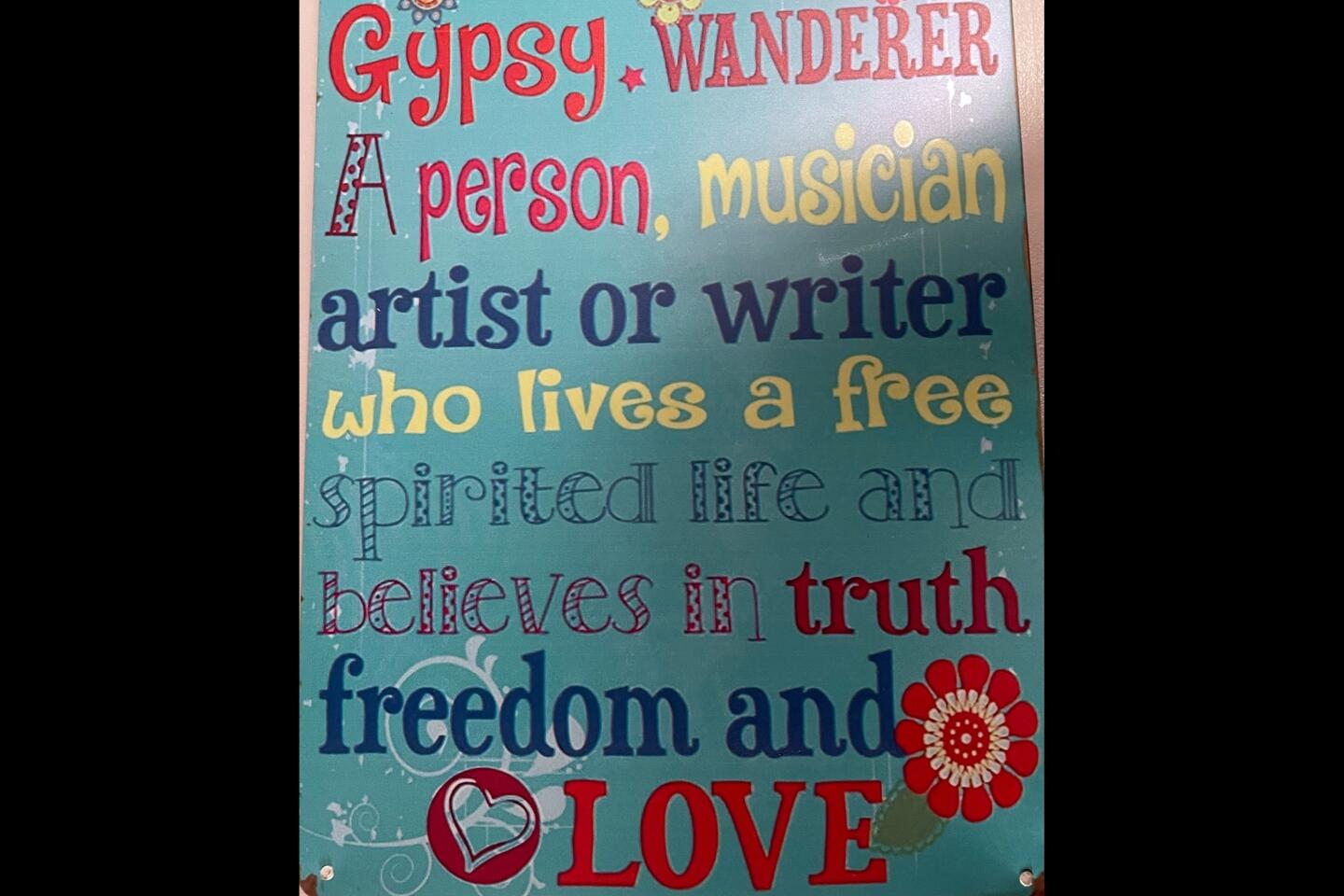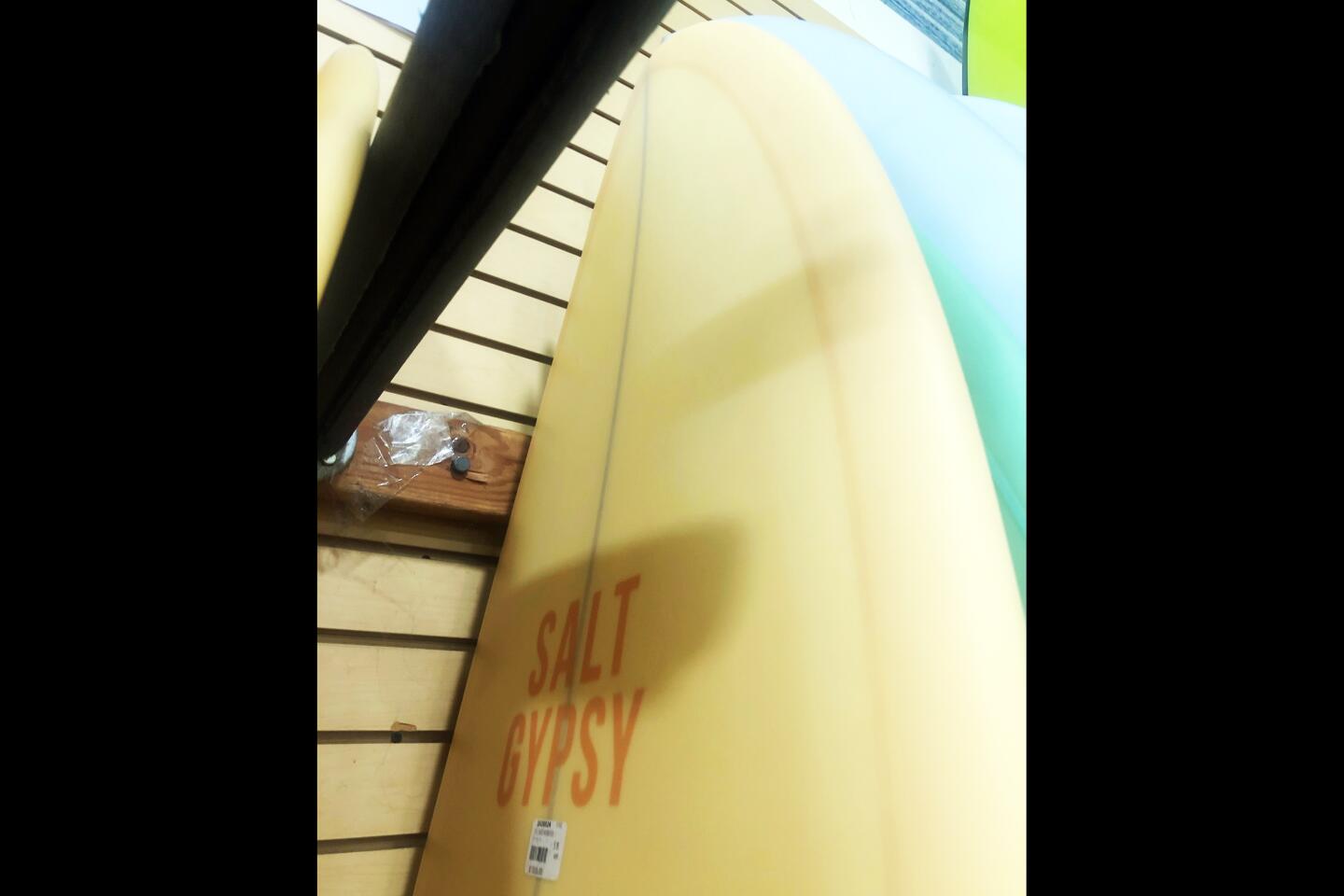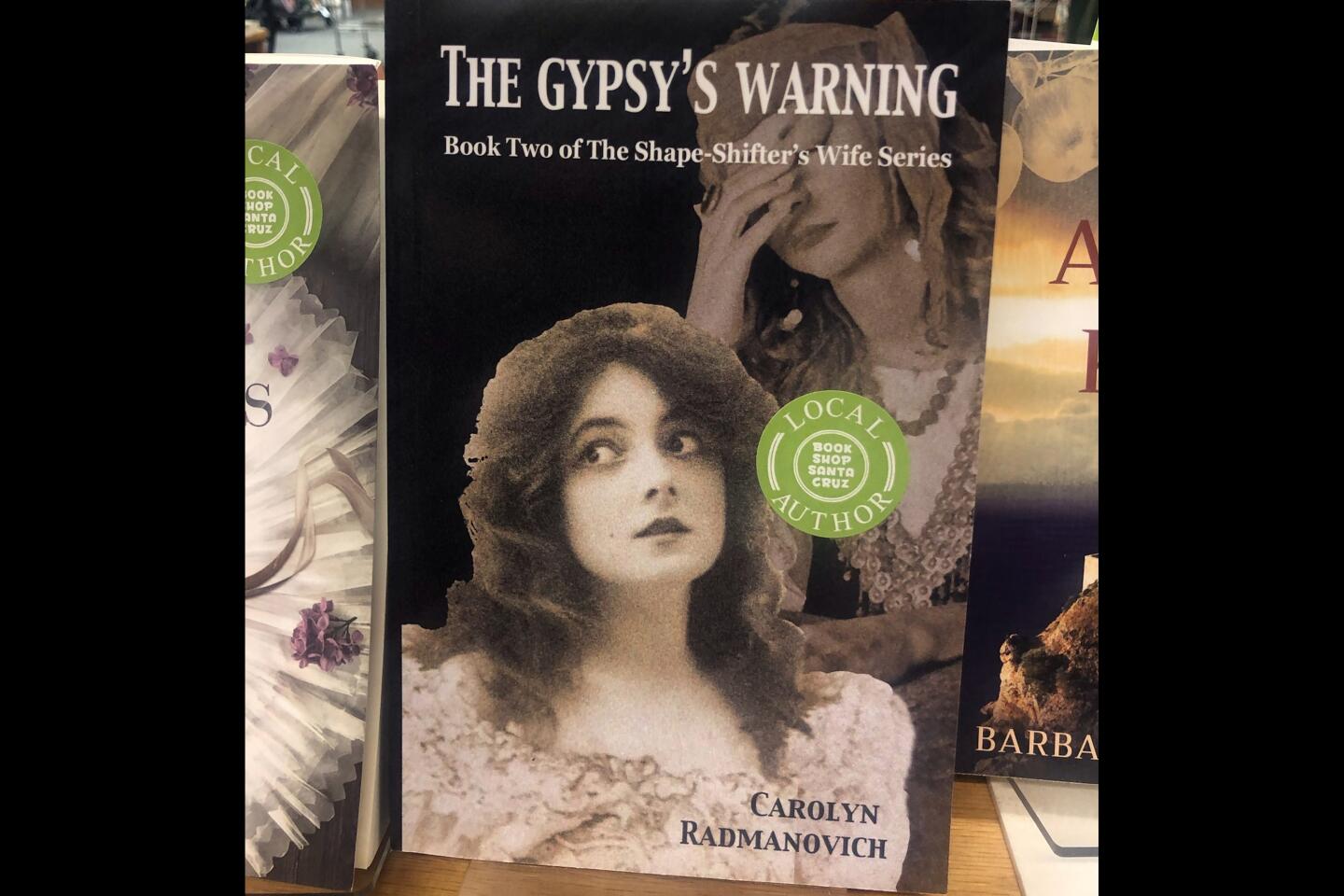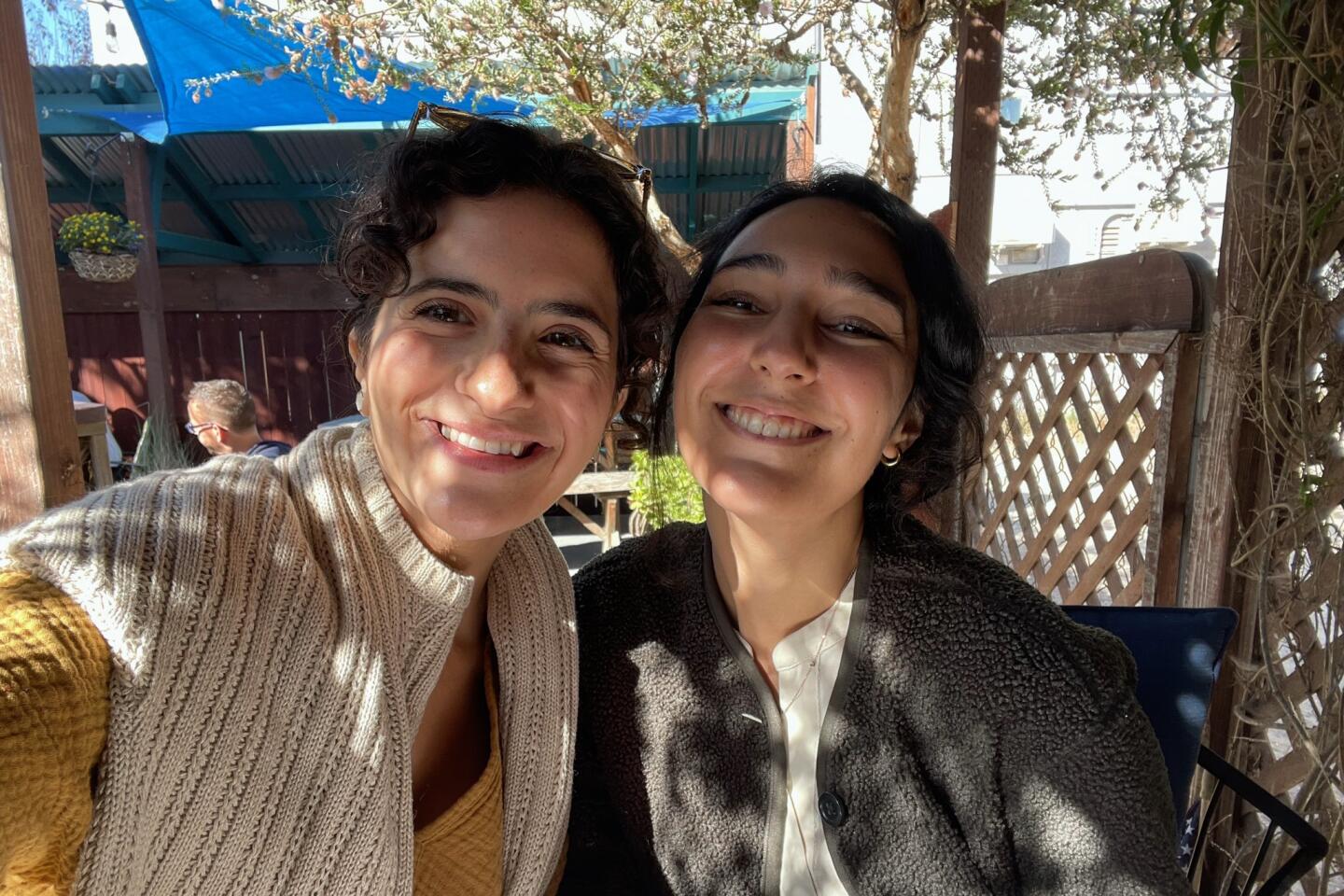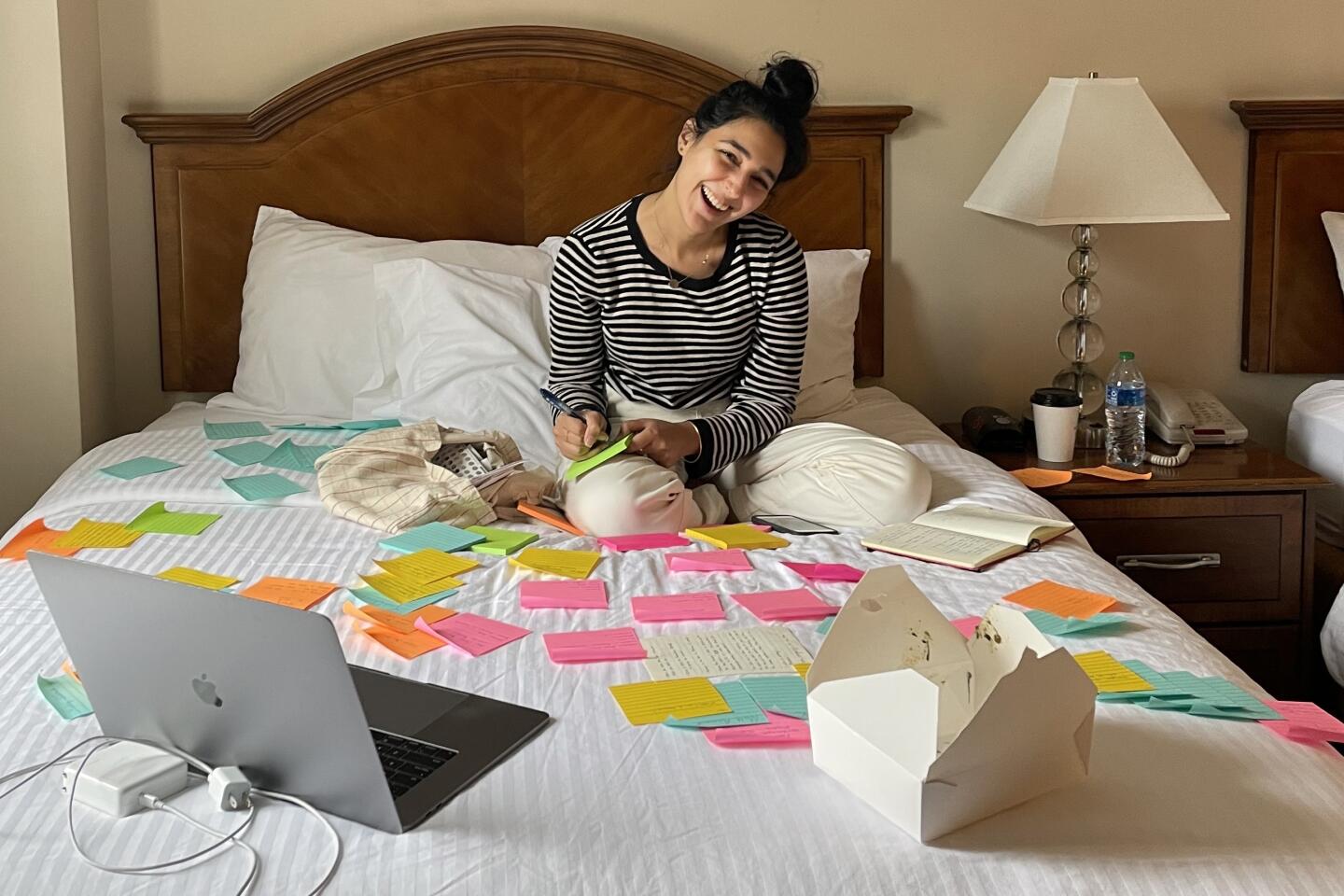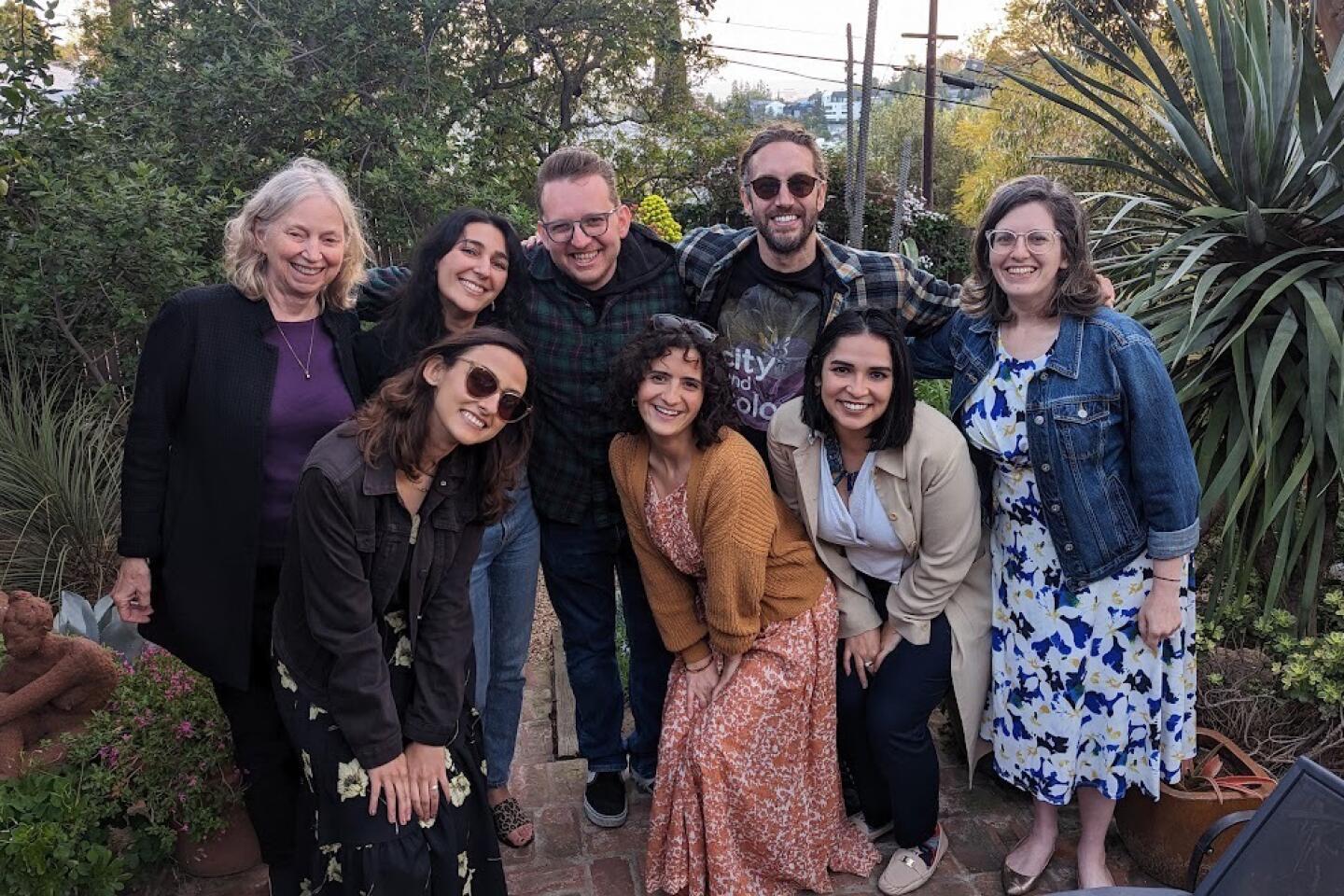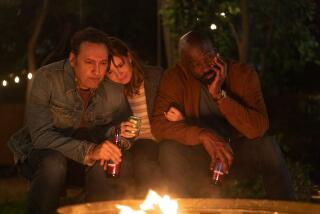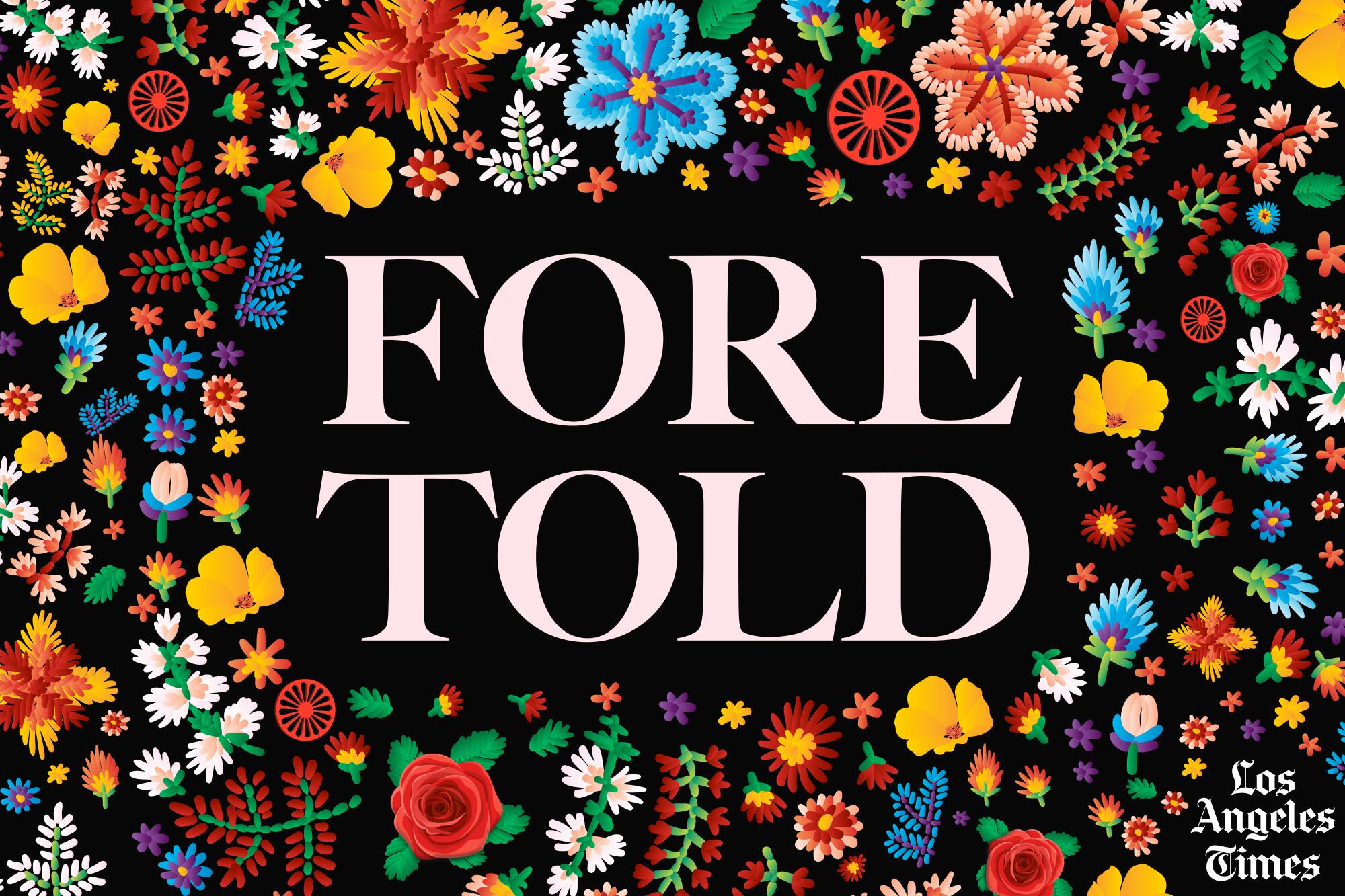
Follow 'Foretold' wherever you get your podcasts:
Episode 9: “This Was Foretold.” In the final episode of “Foretold,” Paulina makes a career choice and starts figuring out her place in the world. And Paulina and Bobby’s custody battle culminates in a decision about their daughters’ future.
Read the episode transcript.
See all episodes and extras.
Three and a half years ago, I came home after my first interview with Paulina Stevens and thought, “Wow, that was incredible.” Now I’ve been pouring myself into the “Foretold” podcast for half of my career, and I still feel the same way.
As we publish the final episode, I want to tell you about some of the moments that stick with me most.
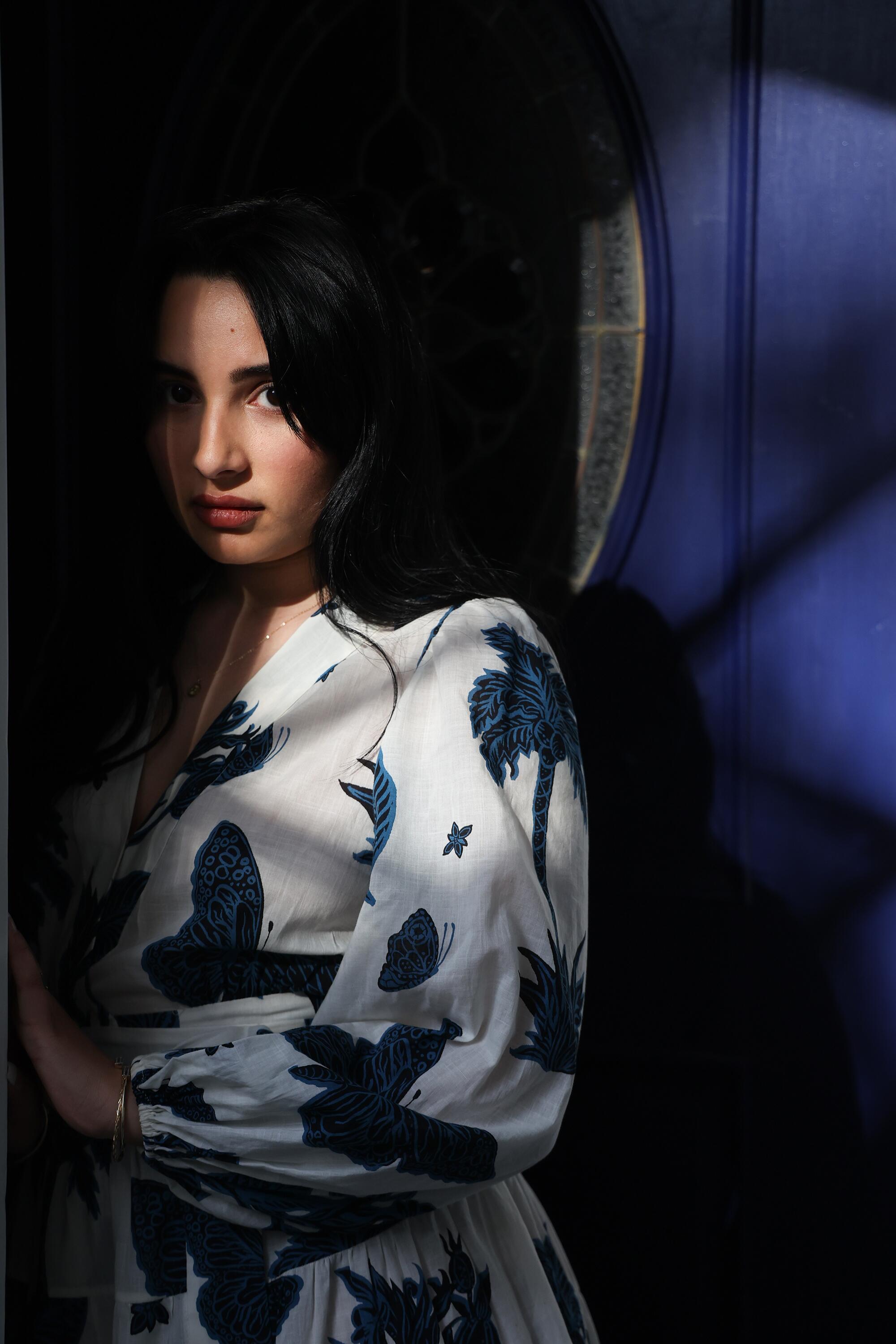
Before I started to report on this story, I knew little about what we call the G-word, a term many Romani people see as a slur if outsiders say it. And yet outsiders throw it around frequently. Once I began paying attention, I saw it all over the place: on surfboards, tea bags, book titles — the list goes on and on. Tropes about fortunetellers are also pervasive, including in California, where psychic shops are plentiful.
I started snapping pictures wherever I saw them.
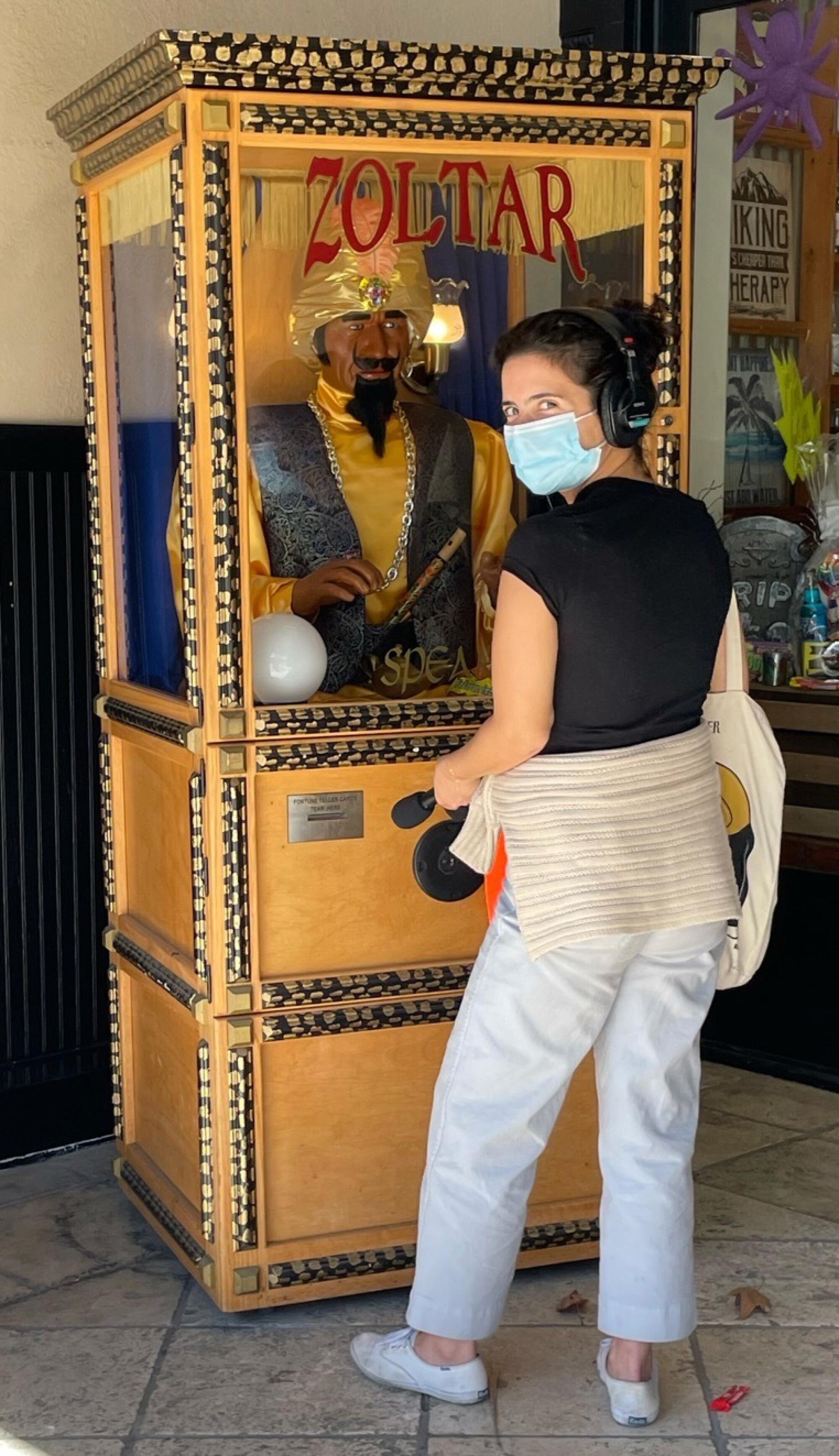
I’ve stumbled upon several Zoltar machines, featuring an animatronic fortuneteller that spits out a paper fortune card. I ended up having to record three separate Zoltar machines before getting the one that we used in the podcast. But one of the fortune cards I got said, “You will find the answer is to be found in how well you relate to people.” I’ll take it.
My reporting took me on multiple trips to Morro Bay, Paulina’s hometown on California’s Central Coast — about halfway between San Francisco and Los Angeles. It’s one of my favorite parts of the state. Paulina’s first-grade teacher, Ms. Cameli, was kind enough to meet us at the school during her summer break a couple years ago.
And it was during another trip to Morro Bay that I got to meet “Foretold” senior producer Asal Ehsanipour in person for the first time. We got bagels (success) and knocked on a bunch of doors to try to talk to people who knew Paulina (not a success).
When Paulina was 17, she married her distant cousin, Bobby Stevens, and moved into his family’s Orange County home, which doubled as a psychic shop. As a local reporter, I’d passed by the shop dozens of times without ever really noticing it. But since learning about Paulina’s connection, the place has loomed large in my mind. Paulina said that when she lived there, the house had a revolving cast of relatives and guests in and out all the time — like a train station. The name stuck.
I was never able to go into any part of the Train Station. But Paulina sent me this selfie she took with Bobby years ago in a mirror of the psychic shop’s waiting room, where clients would sit before getting a reading with her or her mother-in-law.
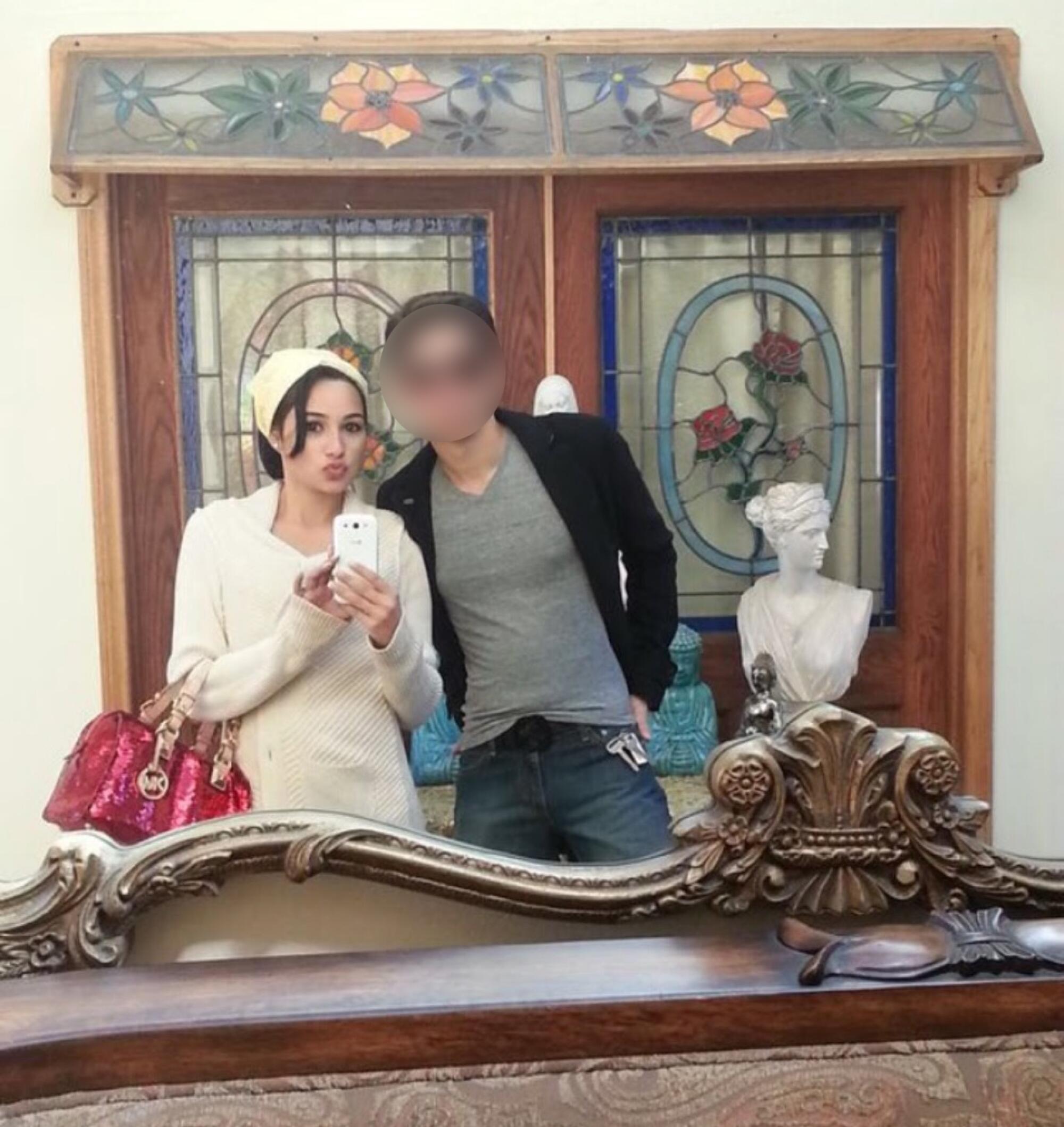
At the heart of “Foretold’s” plot is a custody battle: Paulina and Bobby split up, and they each wanted to keep their two little girls. Paulina had to decide whether to take her case to the American justice system or go through a traditional Romani tribunal, called a kris.
To understand why it was such a big deal for Paulina to consider using the American justice system route, I dug into court cases, combed through police records and spoke to several lawyers who have represented Romani litigants, including attorney Barry Fisher.
Getting to know Barry led me down a delightful side path: I got to learn about one of his personal passions. In 2021, I attended a Hanukkah celebration in Los Angeles’ Boyle Heights neighborhood to see him and his band play Klex/Mex, a mix of Ashkenazi Jewish klezmer and Mexican mariachi music.
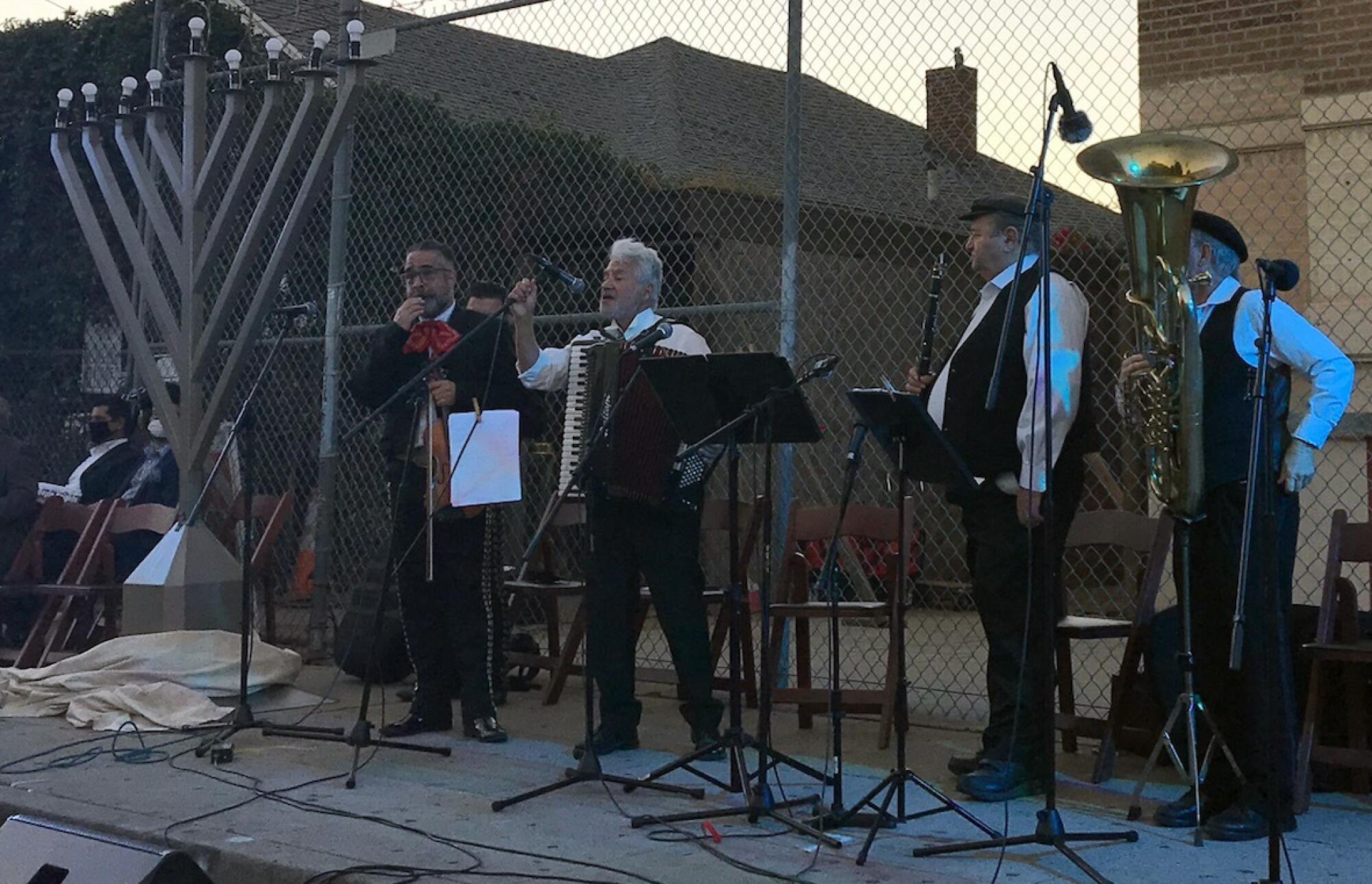
The more I reported on Paulina’s story, the more I saw just how rarely stories of Romani people are covered in the mainstream media. The stories that are reported often rely on stereotypes and tropes — especially ones about Romani fortunetellers. So I was eager to talk to George Eli, a Romani American media maker.
After initially hesitating to talk to me, George let me visit his shop in Westport, Conn. When I arrived, he introduced me to his apprentice as the journalist who was going to “single-handedly take down the Roma community.” I think he meant it as a joke, but I was pretty seriously spooked. Thankfully, he still sat down and talked to me for a couple hours about his work as a filmmaker, author and spiritualist.
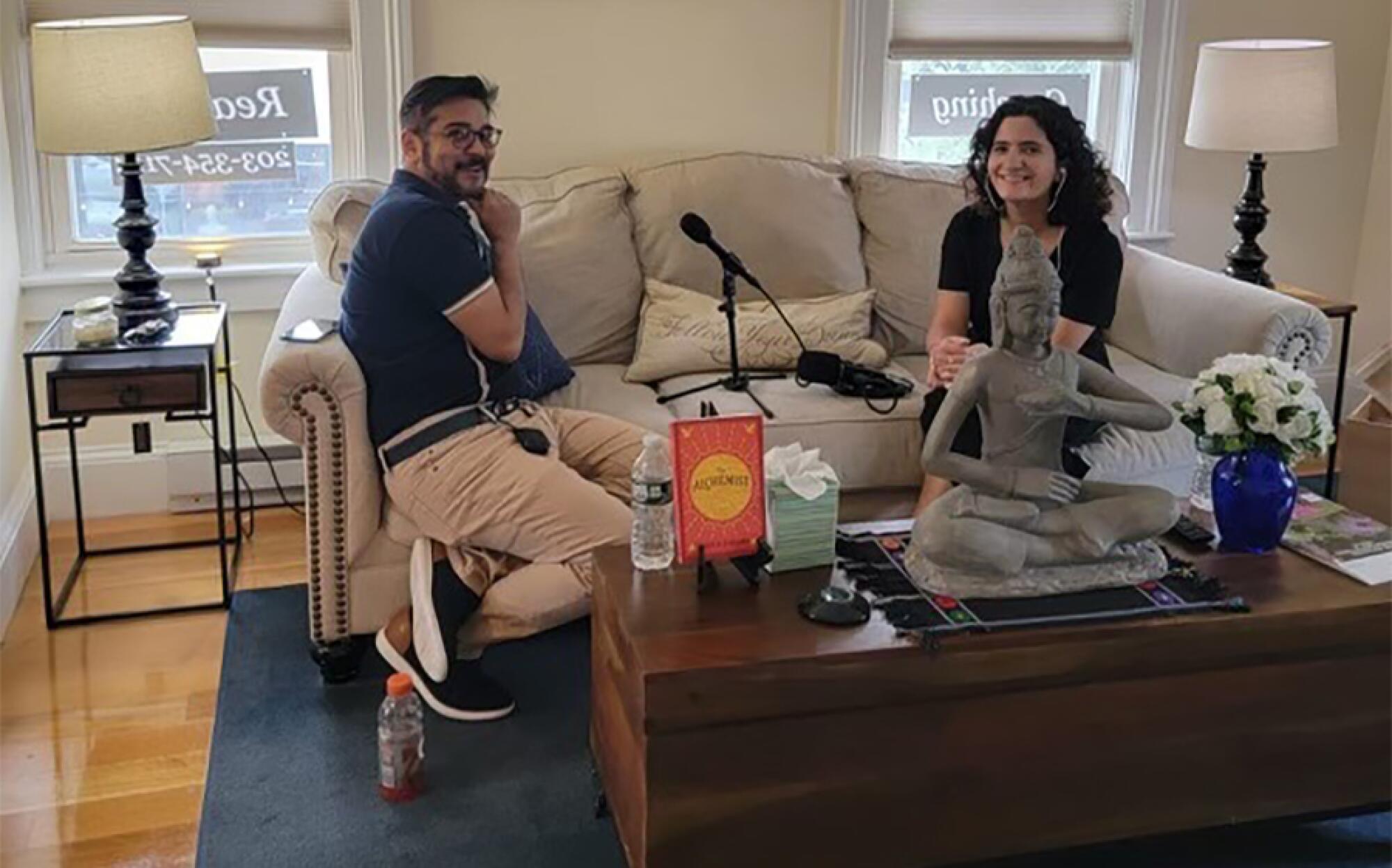
In our final episode, we get to see where Paulina lands — in some ways, right back where she started. And — spoiler alert — that means she’s running her own fortunetelling business again. She calls it Romani Holistic Healing. It’s one of the ways she’s trying to bridge her old life with her new one.

When I was starting this local story as a community reporter at the Daily Pilot, I never would have guessed that it would balloon into this L.A. Times project with a team about a dozen strong. We’ve pushed one another to question our assumptions, called out problems with warmth and sensitivity, and clocked more hours of overtime in the past few months than I want to count.
Cheers to everyone who helped this story come together — and to all of you for caring.
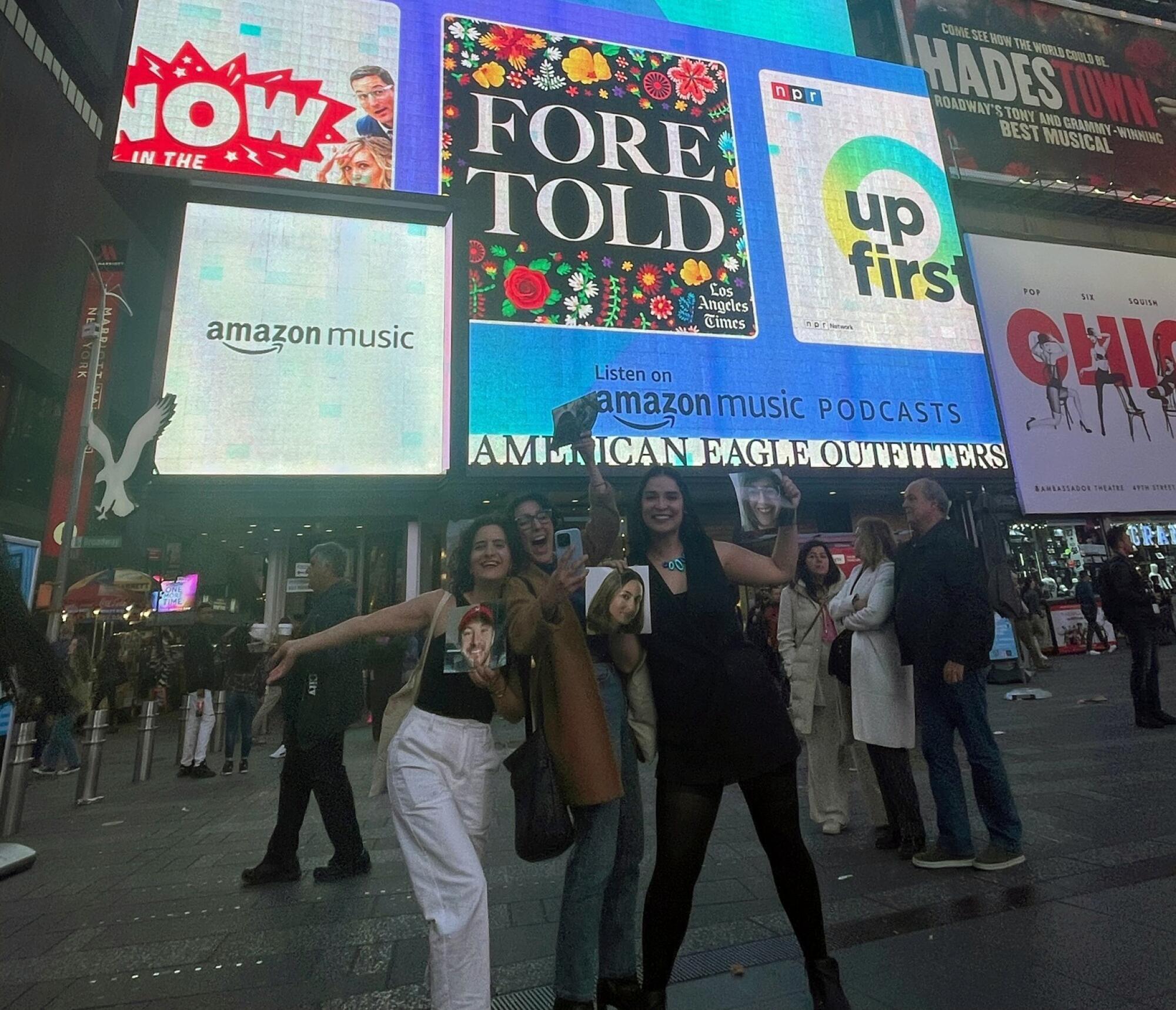
— Faith E. Pinho
More to Read
About 'Foretold'
Theme music by seven-string guitarist and composer Vadim Kolpakov and composer Alex PGSV. Additional original music by Vadim Kolpakov and Alex PGSV, as well as Alex Higgins. Fact checking by Lauren Raab, Asal Ehsanipour and Faith E. Pinho. Additional research by Scott Wilson.
Thanks to Shani Hilton, Kevin Merida, Brandon Sides, Dylan Harris, Carrie Shemanski and Kayla Bell.


